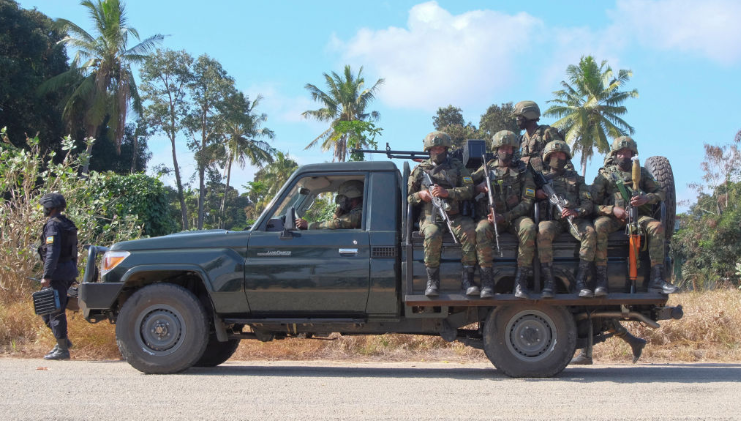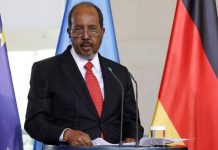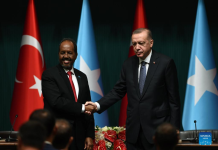Rwanda Emerges as Africa’s Go-To Security Provider as Peacekeeping Missions Decline
Kigali, Rwanda – As traditional peacekeeping missions shrink across Africa, the Rwanda Defence Force (RDF) is stepping into the void, earning a reputation as a reliable and effective security partner in conflict zones. From the Central African Republic (CAR) to Mozambique, Rwandan troops are filling critical gaps left by departing multilateral forces—and delivering tangible results.
Securing the Central African Republic
Since 2020, Rwandan forces have played a pivotal role in stabilizing CAR, protecting high-ranking officials, training local soldiers, and deploying over 2,000 troops as part of the UN peacekeeping mission (MINUSCA). According to Brig. Gen. Ronald Rwivanga, RDF spokesman, the security situation has significantly improved.
“We successfully repelled the rebels,” Rwivanga told The Africa Report. “We are protecting the president, the city of Bangui, and key sites around the capital.”
Rwandan forces have been instrumental in quelling rebel advances, ensuring relative calm in a country long plagued by instability.
Stabilizing Mozambique’s Cabo Delgado
In Mozambique’s Cabo Delgado province, where Islamist insurgents have waged a brutal insurgency since 2017, Rwandan troops have been a game-changer. Deployed in 2021, they remained even after the Southern African Development Community (SADC) mission withdrew. Their presence has expanded from 1,000 to 5,000 troops, now securing five districts.
While sporadic attacks persist, Rwivanga noted that insurgents have been pushed into remote forests, cutting off their supply lines.
“We have blocked their access to the Indian Ocean, a critical route for ISIS-linked networks,” he told Mozambique’s national news agency. “All coastal areas are now cleared.”
A New Model: Bilateral Over Multilateral
Unlike most African interventions, which rely on cumbersome multinational coalitions, Rwanda’s deployments are often bilateral, swift, and decisive. Experts say this approach gives Kigali a strategic edge.
“Rwanda can deploy troops quickly, without bureaucratic delays,” wrote Federico Donelli, an international relations professor at Italy’s University of Trieste, in The Conversation. “This makes their missions more agile and effective.”
Rwandan analyst Gatete Nyiringabo Ruhumuliza sees this as the future of African peacekeeping.
“The era of multilateral-only interventions is fading,” Nyiringabo told The Africa Report. “Rwanda is pioneering a new model—values-driven bilateral missions.”
Beyond Combat: Building Trust in South Sudan
Rwanda also contributes 1,650 troops to the UN Mission in South Sudan (UNMISS), where they conduct patrols, protect civilians, and support infrastructure and medical projects. Their disciplined, tech-savvy approach has bolstered the RDF’s reputation as one of Africa’s most capable forces.
A Strategic Shift in Rwanda’s Global Image
Beyond security gains, Rwanda’s deployments serve a broader diplomatic purpose.
“Kigali wants to shift its global image—from a nation defined by genocide to a continental leader in security,” Donelli noted. “It’s positioning itself as Africa’s go-to security provider.”
As traditional peacekeeping wanes, Rwanda’s bold, independent approach may well set the standard for future African interventions.
BY: The Times Union








